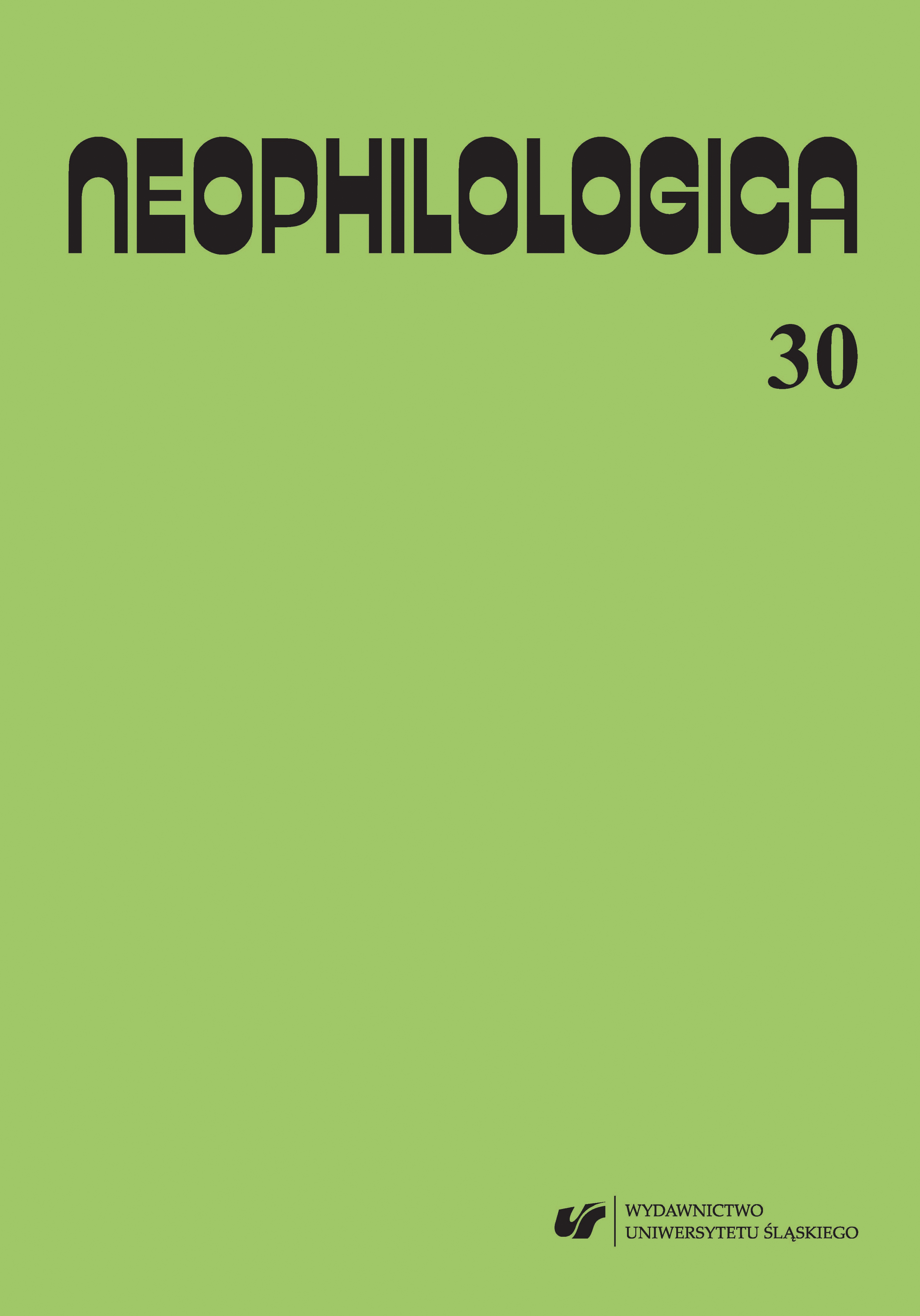Sobre el empleo de “irá a + infinitivo” e “iría a + infinitivo” en el español peninsular contemporáneo
On the usage of “irá a + infinitive” and “iría a + infinitive” in contemporary peninsular Spanish
Author(s): Witold SobczakSubject(s): Language and Literature Studies, Theoretical Linguistics, Applied Linguistics, Morphology, Historical Linguistics, Comparative Linguistics
Published by: Wydawnictwo Uniwersytetu Śląskiego
Keywords: temporal system; future; ir a + infinitive; language change
Summary/Abstract: It is well known that the analytic form ir a + infinitive is gradually replacing the synthetic forms cantará and cantaría, whose role is becoming more and more limited to their modal value. The replacement of the synthetic forms by the analytic one can be classified as a nuclear change, whereas other temporal and modal forms of ir a + infinitive such as va a + haber + participle / iba a + haber + participle) and irá a + infinitive / iría a + infinitive may be considered related changes. The aim of this article is to comment on the usage of irá a + infinitive and iría a + infinitive in contemporary peninsular Spanish. Based on the CREA corpus the author focuses not only on their meaning, but also draws attention to the frequency of their usage and types of sentences in which they usually appear.
Journal: Neophilologica
- Issue Year: 2018
- Issue No: 30
- Page Range: 305-314
- Page Count: 10
- Language: Spanish

